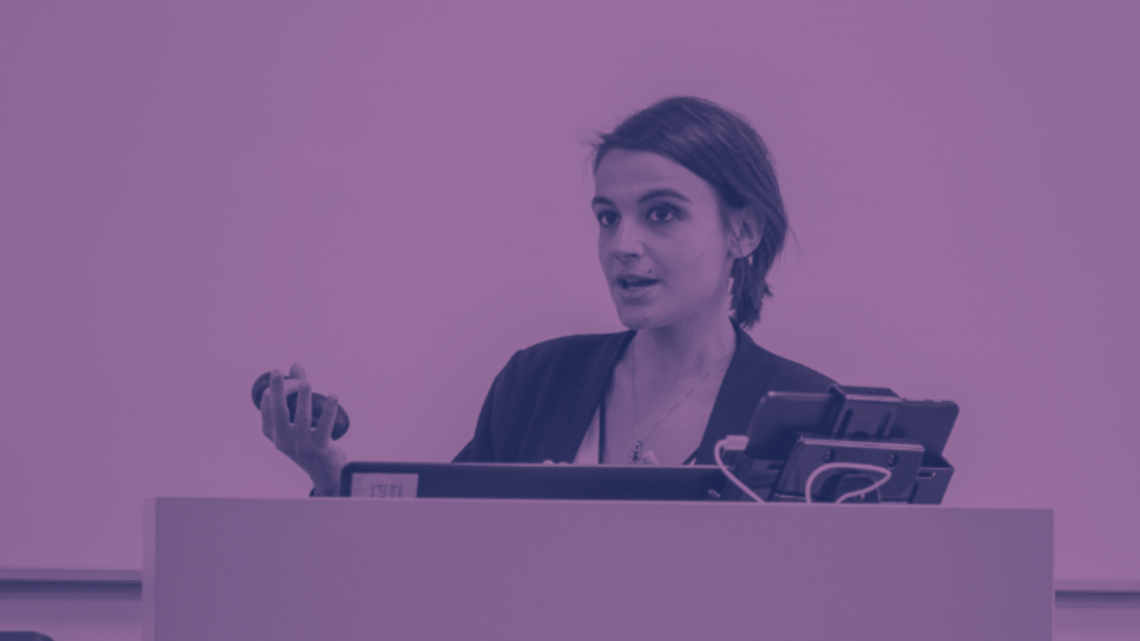Deepfakes Unmasked

Deepfakes are definitely fascinating technology, and they can be employed for a wide range of entertaining and educational purposes. Despite positive use cases of deepfakes exist, these highly realistic AI-generated fake videos still hold an unprecedented high deceptive potential. Researchers, policymakers and institutions are thus joining forces to develop debunking strategies to counter the spread of such difficult-to-recognize (and thus potentially misleading) content.
With our study we wanted to test whether simple priming of deepfake information could be enough in significantly inoculating users’ and thus increase their ability to recognize deepfake media.We addressed two main research questions. First, does simple priming with the definition of deepfakes and information about their potentially harmful applications increase users’ ability to recognize deepfakes? Second, does individual tendency to be overly accepting of epistemically suspect beliefs (bullshit receptivity), moderate the relationship between such priming and deepfake recognition?
Our results indicate that the development of strategies to counter the deceitfulness of deepfake from an educational perspective, such as inoculation of prior knowledge, can work well, but only for people with a lower gullibility, that are thus generally hardly tricked by purposely tailored misleading claims. To conclude, through a serial mediation analysis, we also show that recognizing a video as a deepfake one negatively impacts users’ sharing intention of the video. This finding can have non-negligible impact on deepfakes virality.
With this work, we wanted to raise awareness on the fact that society’s defense against deepfakes and fake content in general – could benefit from a simple reasoned digital literacy intervention. However, one must abandon the faulty one-size-fits-all approach and acknowledge how much of the efficiency of debunking actions are linked to users’ characteristics.
Serena Iacobucci is principal investigator of the work “Deepfakes Unmasked: The Effects of Information Priming and Bullshit Receptivity on Deepfake Recognition and Sharing Intention”, forthcoming on the Cyberpsychology, Behavior, and Social Networking Journal.
Dr Iacobucci holds a PhD in Business & Behavioral Sciences from the Department of Neurosciences, Imaging and Clinical Sciences (University of Chieti, Italy) – where she is currently Post-Doc in Behavioral Economics and Member of the Behavioral Economics Lab. She is currently working on the individual factors involved in the perception and detection of fake content, with a specific focus on sensitivity to semantic nonsense, such as BS-receptivity.




